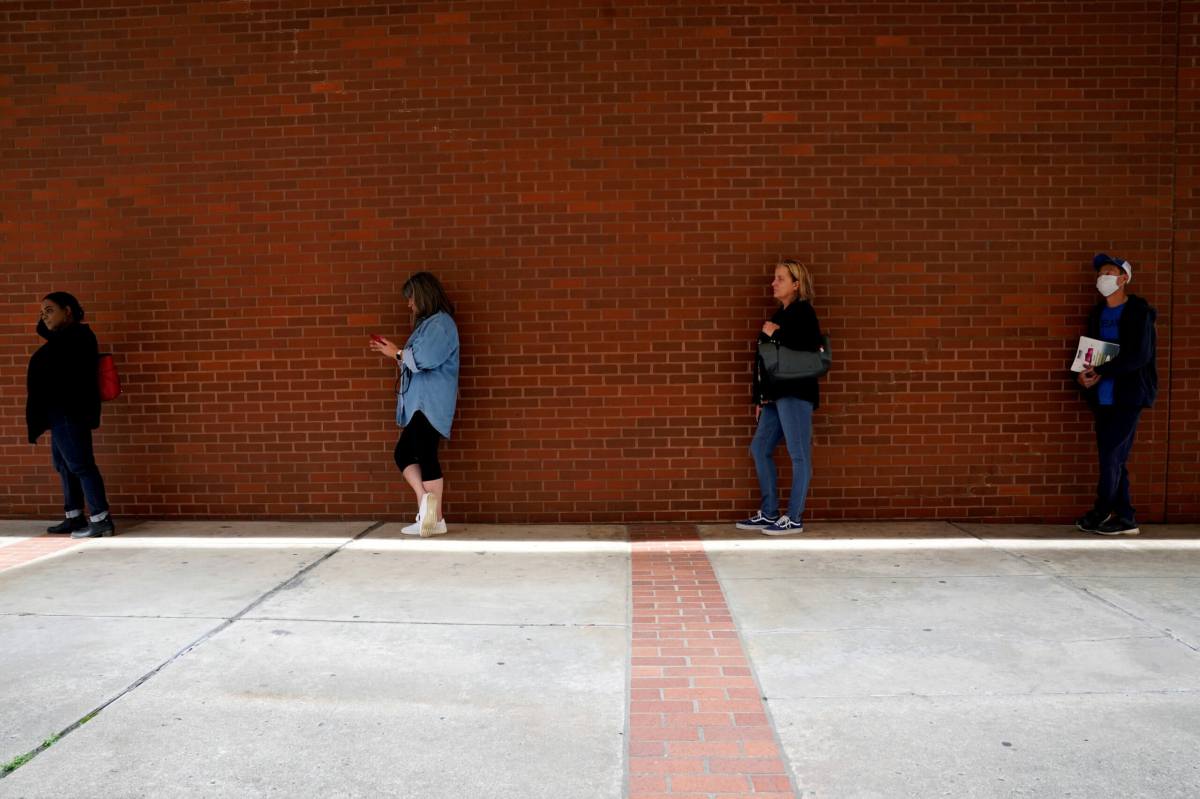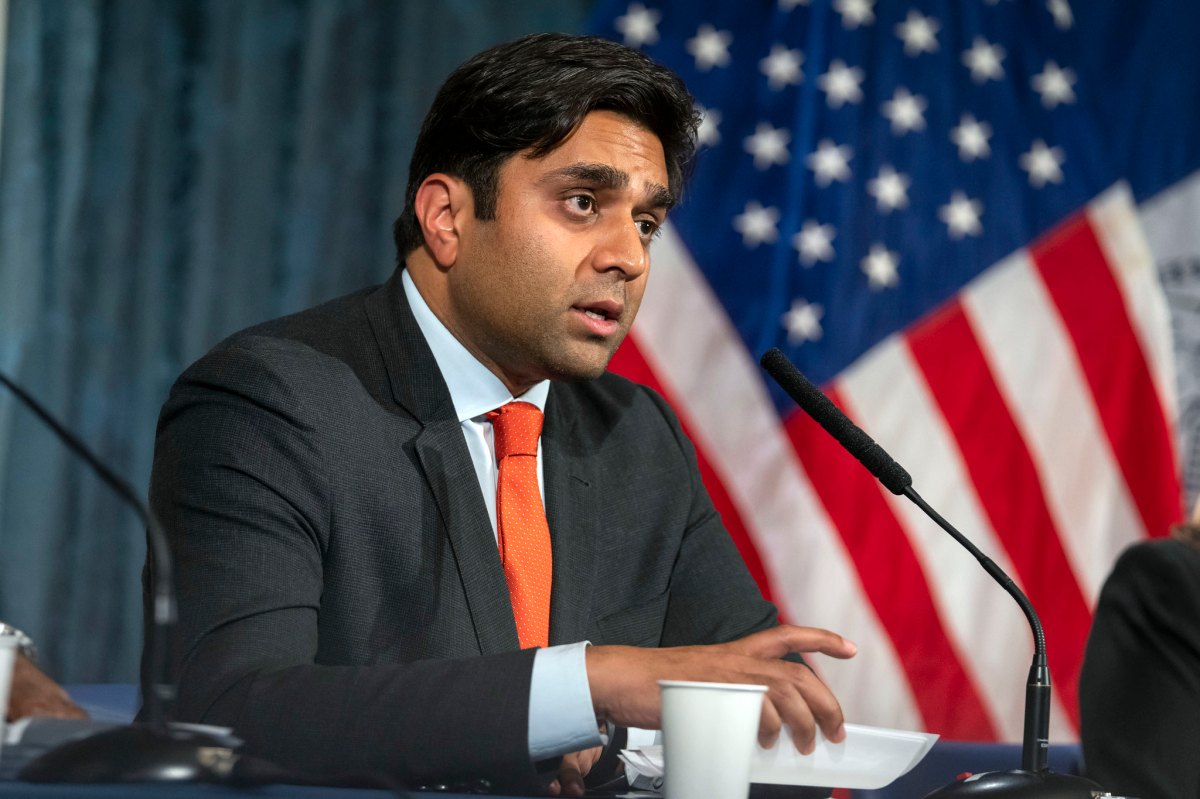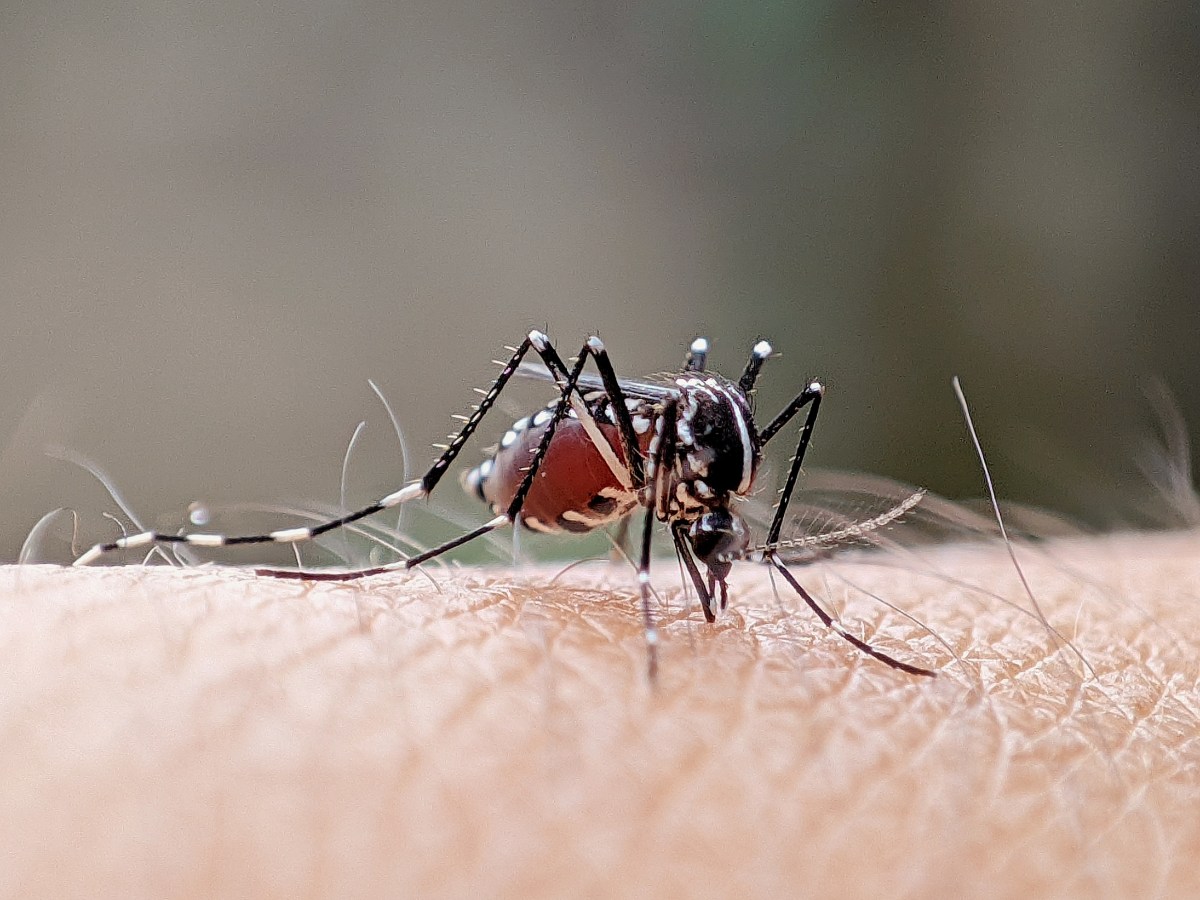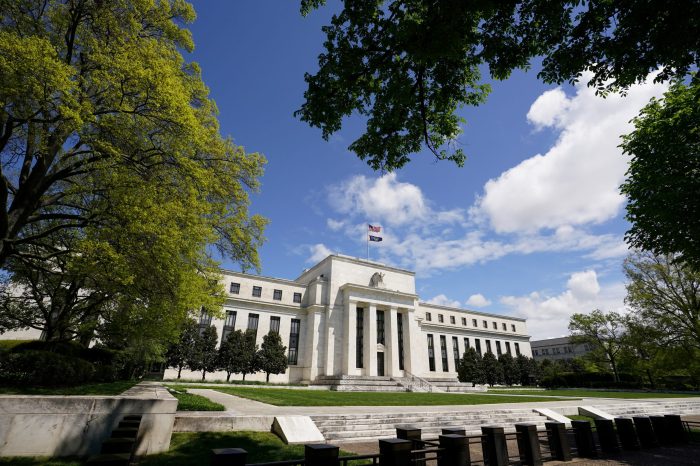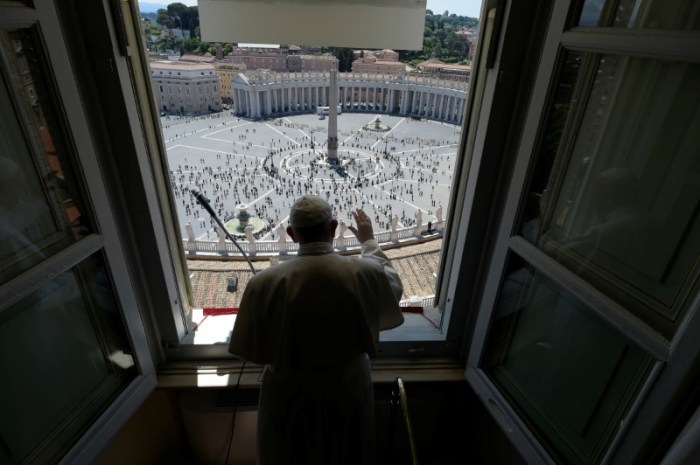1/ GOODBYE, Q1
A new U.S. president, the selection of the candidate who might be Germany’s next leader, a $1.7 trillion rise in the value of global equities, amateur traders taking on seasoned hedge funds and digital art selling for millions of dollars.
It’s been an eventful quarter. Brent crude and copper are top performers with respective gains of around 20% and 15%; the commodity-heavy FTSE stocks index is up 4%. Wall Street’s 2020 winners, the FAANG stocks, are barely in the black.
Bonds, hurt by reflation, bring up the rear. U.S. and German government bonds have lost 5%-6%; emerging currency debt holders are down 6.5%.
Yet even with almost half a billion vaccine doses administered globally, markets are ending March with a whimper. That’s because of renewed China-U.S. tensions, higher bond yields, a COVID-19 resurgence and a massive tanker stranded in the Suez Canal that may deal a blow to world trade. The coming quarter will be interesting too.
2/ HOW MANY JOBS?
Friday’s U.S. jobs data will show whether the labour market is getting stronger.
In February, the economy created a forecast-beating 379,000 jobs as a decline in new infections and additional pandemic relief boosted hiring. Analysts expect 500,000 jobs were created in March, the largest monthly gain in five months.
The number of Americans filing new claims for unemployment benefits hit a one-year low last week, a powerful boost to an economy on the verge of stronger growth thanks to a $1.9 trillion stimulus package and rapid vaccine rollout.

3/ TUG OF WAR
Oil producers’ group OPEC and its allies convene on Thursday and, for now, they are expected to stick with production cuts agreed at the last meeting.
Renewed lockdowns and rising coronavirus caseloads have pushed Brent crude off recent highs above $71. But the 400-metre container ship aground in the Suez Canal could well cause a supply squeeze if tug boats trying to free it fail to do so in coming days.
As of now, OPEC+ supply curbs of about 7 million barrels per day, plus Saudi Arabia’s additional one million bpd cut, should remain in place.
The United Arab Emirates’ energy minister says OPEC+ is unlikely to pump more oil than markets can handle. Another reason for caution is rising Iranian oil exports, which have also weighed on prices.

4/ (VIRTUAL) SPRING IN THE AIR
IMF and World Bank online spring meetings get under way on April 5 and will likely be dominated by efforts to help poorer countries with a new wad of Special Drawing Rights, the IMF’s sort-of currency.
IMF chief Kristalina Georgieva’s plan is for an increase equivalent to $650 billion, about the maximum the United States can support without Congressional approval.
The move could more than double Zambia’s currency reserves and increase Zimbabwe’s more than six-fold. Pakistan, Ethiopia and Turkey would get double-digit increases too, analysts estimate.
The allocation wouldn’t get formally approved until June but the meetings may debate the possibility of richer countries donating or lending their share of the new money to the developing world, which needs it to pay for vaccines.

5/ MIXED BLESSING
Index provider FTSE Russell should give the final sign-off on including Chinese government bonds (CGBs) in its World Government Bond Index on Monday.
This is likely a formality in a long-flagged move that Beijing will surely welcome as a seal of approval.
Still, it comes at a sensitive time as authorities seek to ease capital inflows behind a soaring yuan. Foreign investors now own over 10% of CGBs and Chinese regulators are worried about foreign market bubbles.
They may get help from overseas. China-U.S. bond yield spreads have shrunk as hefty stimulus turbocharges the U.S. recovery. That’s dimmed the appeal of CGBs, leading to net outflows recently.




